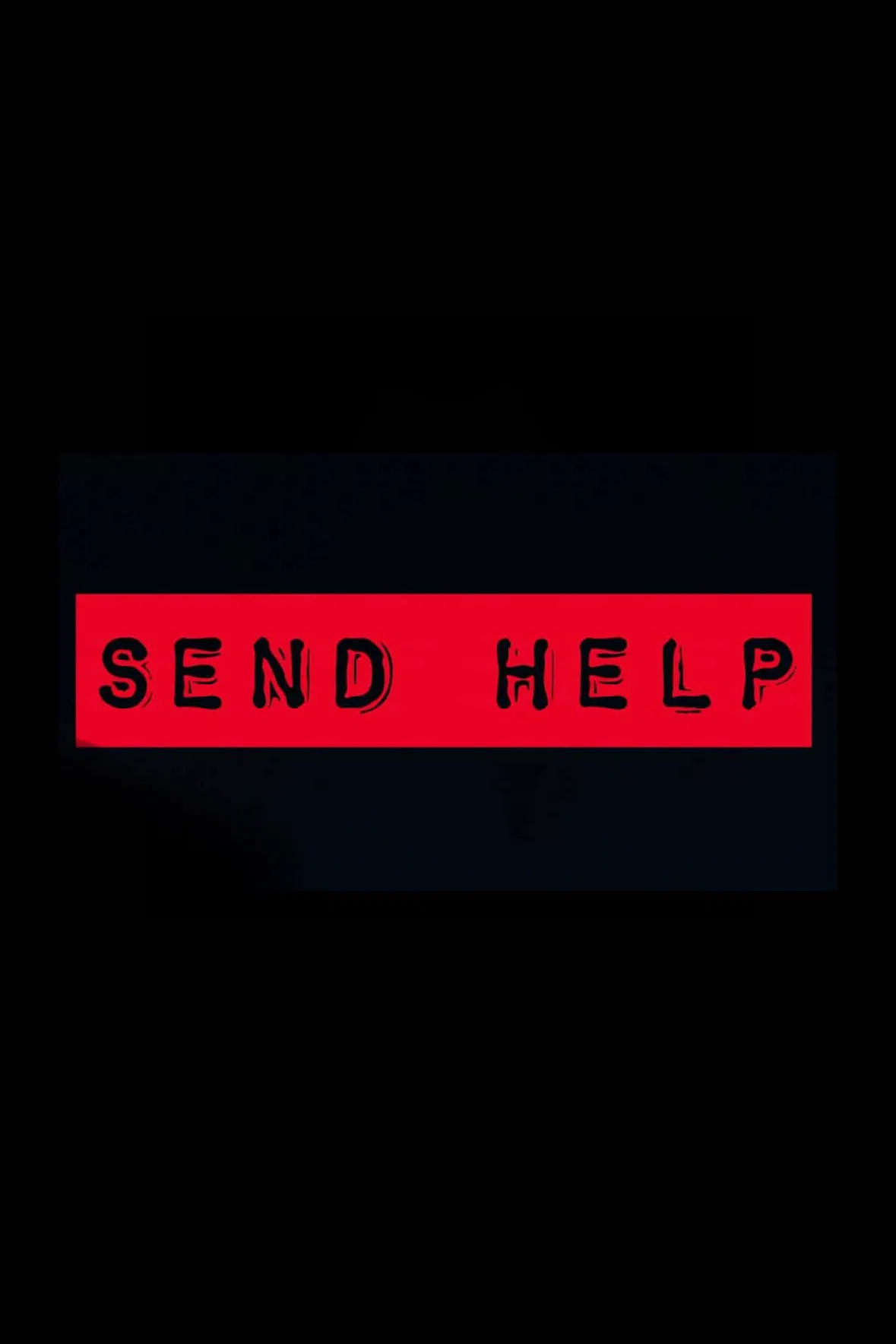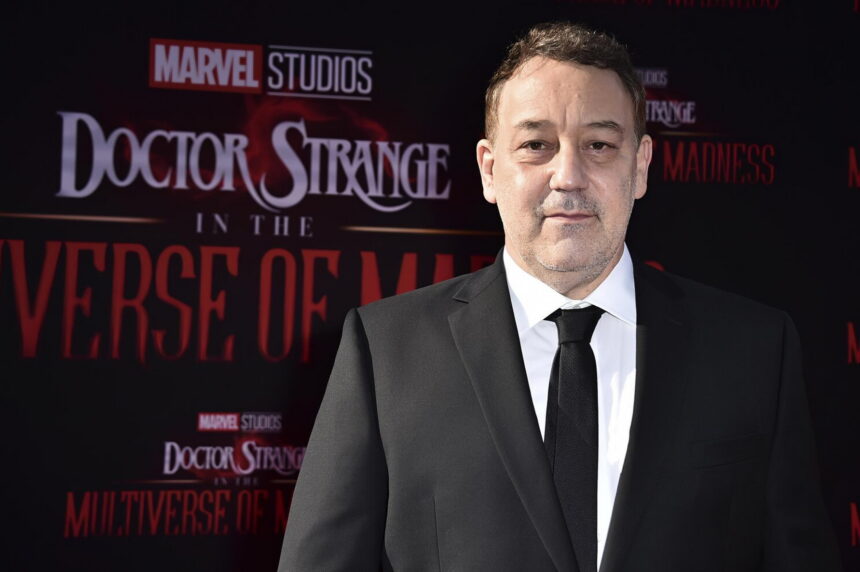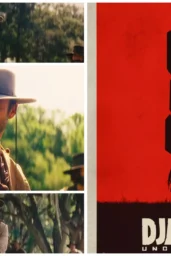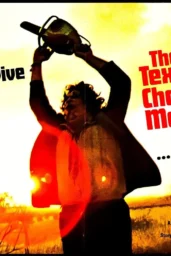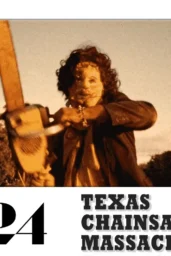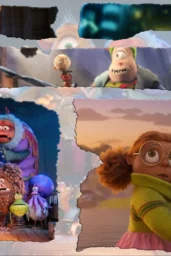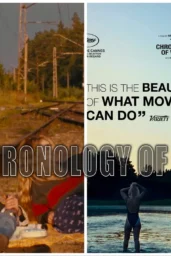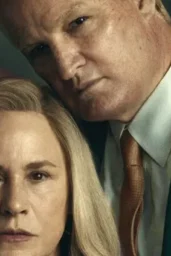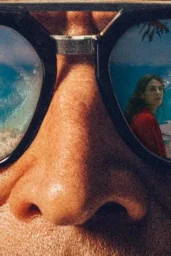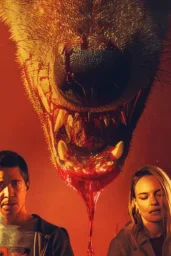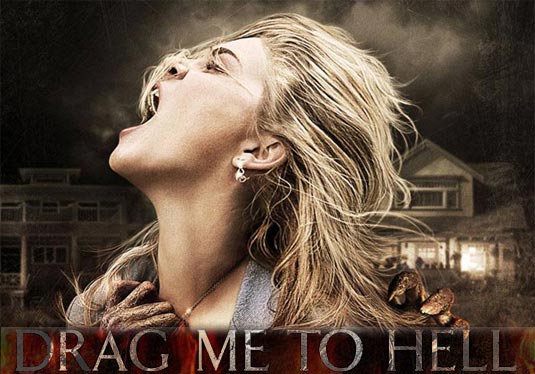You can recognize Raimi's fingerprints even before the camera rolls—something's always lurking, waiting to jolt the audience out of their armchairs. When news broke that Sam Raimi was returning to horror with Send Help, a ripple ran through the industry, the kind that has publicists giddily loading press kits and rivals quietly rescheduling release dates. Seventeen years since Drag Me To Hell, Raimi steps out of the director's lounge and back into the ring—and suddenly, everyone's taking bets.
Here's the bone: Send Help lands in the same narrative hemisphere as Robert Zemeckis' Cast Away (2000). Only this time, don't expect any volleyballs to offer quiet companionship. The elevator pitch? Survivors of a plane crash, marooned on a deserted island, must outlast not only the elements but each other. If Cast Away asked what it takes to stay sane alone, Send Help's betting it all on what happens when you're forced to stay sane together. Or maybe you don't.
The Anatomy of a Raimi Premise (and the Ghost of Cast Away)
There's a peculiar kind of déjà vu here. Both films begin in the smoky wreckage of disaster: Tom Hanks as Chuck Noland, FedEx everyman, written onto a blank canvas of beach and heartbreak; now, a nameless group, hands bloodied, staring out at waves that want nothing to do with them. Zemeckis' craft was isolation—one man, one island, and an Oscar nomination for lunch. Raimi trades that solitude for tribal friction: no Wilson, just increasingly desperate strangers and a script likely sharpened on human panic.
Where Zemeckis found quiet existential horror, Raimi reaches for the stuff that yanks you upright at midnight. You can see the setup coming—visuals dripping in humid dread. Hopeful shots in daylit blue, but shadows crawling in the corners after dark, the camera close enough to catch flinching muscles and darting eyes. Look back at Raimi's own work. In Evil Dead or Drag Me To Hell (his last full dip into horror: May 29, 2009—take the date, tattoo it if you must), there's always a lingering suspicion the worst is yet to come. Send Help is poised to deliver more than mere island misery; expect the straight razor edge between trust and bloodshed.
Why the Poster and Trailer Matter—And What To Watch For
Let's talk marketing. Studios—likely Sony, if the current lineage holds—know the value of a poster that bleeds theme. My bet? Stark silhouettes on the shoreline, storm clouds like bruises, and maybe a heap of gnawed driftwood—not a single welcoming color in the palette. As for the trailer (whenever it lands): if it doesn't open with fractured sound design and a wide shot of that doomed fuselage, they've missed a trick. If you see nervous glances instead of the traditional parade of threats, buckle up: Raimi's coming for your nerves, not just your stomach.
If you've clocked the studios' habit lately—pivoting from gore to psychological unease—you'll know why. Audiences have grown up. They want movies that gnaw at the mind as much as the flesh. Send Help isn't here for cheap jumps; it's angling for something quieter, sharper. One industry executive—on background, of course—summed it up to me last week: “The survival genre is a canvas. Raimi paints in shadows. Don't expect a beach holiday.”
Context, Industry Chatter, and That Shadow of Expectation
A quick data check: Cast Away pulled in $429 million globally—stronger legs than half the Marvel bench. That's real staying power. There's no denying Send Help's premise deliberately echoes that appeal, but the stakes now hang on a knife's edge: can Raimi recalibrate the genre the way Zemeckis did for the millennium?
The word from festival programmers is already positive (expect discussions for fall/winter circuit—it's Raimi, after all). Timeline? No confirmed release date as of July 29, 2025, but industry calendars peg it for a late 2025 or early 2026 worldwide festival bow, pending studio confirmation. And don't be shocked if Send Help sidesteps summer and aims straight for awards season, where survivor stories tend to linger.
Final Reflection
There was a time when horror was supposed to be about splatter, not substance. Raimi's intent with Send Help seems clear: remind us that real terror isn't the monster in the woods, it's the stranger standing next to you when there's no hope left on the horizon—or the flicker of your own mind as the sun goes down.
Does it reinvent the survivor genre? We'll see. But it might just prove that sometimes, the only thing scarier than dying alone is surviving together.
